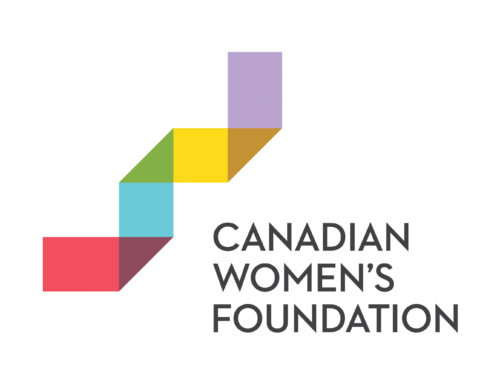
But she also says something I find profound: “Challenge to change!” In other words, if my workout isn’t making me uncomfortable it probably won’t give me the results I want. The idea motivates me when I’ve had enough, allowing me to do 10 (or two) more jumping jacks.
Her words also give me insight into what it will take to create a more equal Canada: If we’re not feeling challenged, we’re probably not making any progress. One of the biggest barriers to equality is the refusal of groups who have traditionally held social and economic power—mostly men, mostly white—to listen to people they consider marginal or unimportant.
But first, we need to realize that being more inclusive might make us uncomfortable. We might have to listen when we’re dying to talk, or notice we’ve excluded someone, or manage our emotions if we feel blamed. We might even need to rethink our values. We also must be willing to explore issues that could be new to us, such as gender identity. We must open ourselves to painful realities, such as Canada’s longstanding failure to address the crisis of missing and murdered Aboriginal women. And we need to acknowledge that rigid gender stereotypes harm everyone, including men and boys.
Given the potential discomfort, it’s no surprise we can be slow to change even when it’s in our own interests. Plenty of studies show a link between improved business performance and female leadership, yet women still hold less than 10% of the highest-paid positions in Canada’s top 100 companies.
If we care about inclusion, we need to see discomfort as a sign of progress and push ourselves harder if it seems too easy.
No challenge, no change. Equality is worth it.
This post was originally published in our magazine, SHE.
Learn More
- To Create Change, We Must Connect
- What African (Black) History Month Means to Me
- Choosing Empowerment
- Have you seen the #GirlPowered messages on www.girlpowered.ca? Share your favourites online and with the girls in your life!
- Sign up for our e-newsletter to have our latest stories and resources sent to your inbox.
- Follow us on Facebook, Twitter and LinkedIn to join a national conversation on gender equality.




